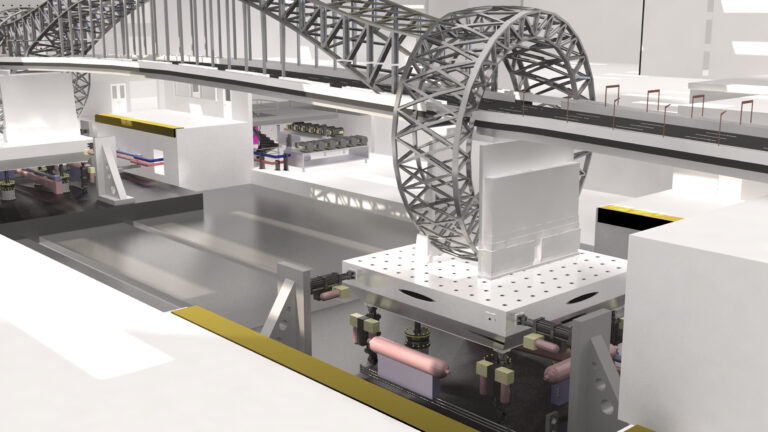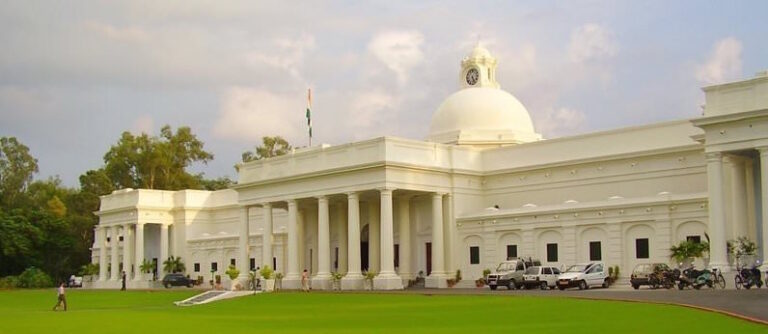

Earthquake Engineering - Courses, Colleges, Career, Scope and Salary
Naief Khatri

Learn more about the scope of Earthquake Engineering in India; Image Courtesy: ariestesting.com
Earthquake Engineering is a systematic study of the earth, and the consequences of any disturbance within it and its impact on human life, property and environment.
These engineers plan, design, construct and manage earthquake resistant structures and facilities. In broader terms, one can say, earthquake engineering is the enquiry and solution of danger posed by damaging earthquakes.
Earthquake Engineering as a profession in India is a newly introduced field in academics and industry. Since 60% of Indian geography is declared sensitive to earthquakes, the role of earthquake engineers proves vital in building quake resistant structures.
Earthquake Engineering is an interdisciplinary study area, and involves study of civil engineering, geophysics, soil sciences, mathematics, statistics, weather sciences and many other allied study disciplines including computer sciences and Internet technologies.
India was struck with several earthquakes in the past causing damage to life and property. Government of India has constituted National Information Center on Earthquake Engineering (NICEE). It is the Apex Body of Government of India on Earthquake Researches and damage control.
The NICEE engages in research on earthquakes through prominent institutes like Indian Institute of Technology Kanpur (IIT- K). NICEE offers postgraduate program leading to the award of Master of Engineering (ME) and Doctor of Philosophy (Ph.D).
Eligibility Criteria
Earthquake Engineering programs are offered only at postgraduate level, i.e. M.E. or M.Tech, in India.
One needs to qualify Graduate Aptitude Test in Engineering (GATE) to seek admission in M.E. or M.Tech program.
One can take up PhD based on the score of Graduate Aptitude Test in Engineering (GATE) or CSIR – National Eligibility Test (NET).

Leading company in Earthquake Engineering in India as of 2017
Career and Job Prospects
Gathering and researching data from different sources and locations and finding solutions to make structures earthquake resistant is one of the most important responsibilities of an earthquake engineer.
Besides collecting information, Earthquake Engineers have an on-field job as well to collect information from local residents and other sources.
Earthquake Engineers find work opportunities in the Research & Development sector. They work with both government and private companies engaged in the construction of buildings, railways, highways, ports, bridges, and space stations.
Teaching is another career opportunity for earthquake engineers as lecturers, professors and researchers.
Salary Package
In India, the average salary of an Earthquake Engineering graduate is INR 518,236. Other incentives are also offered on a monthly or bi-yearly basis.
However, this is not the limit and earning raises twofold based on work experience, qualifications, research papers published and performance on-field.

IIT Roorkee is the top ranked college for Earthquake Engineering in India as of 2017; Image Courtesy: iitr.ac.in
Top 9 Colleges/Institutes for Earthquake Engineering 2017
| No. | College/Institute | State |
| 1 | IIT Roorkee | Uttarakhand |
| 2 | IIT Kharagpur | West Bengal |
| 3 | IIT Kanpur | Uttar Pradesh |
| 4 | Banaras Hindu University | Uttar Pradesh |
| 5 | Wadia Institute of Himalayan Geology | Uttarakhand |
| 6 | Mumbai University | Maharashtra |
| 7 | Kurukshetra University | Punjab |
| 8 | Anna University | Tamil Nadu |
| 9 | Osmania University | Telangana |

Latest
Articles
CBSE Compartment Result 2023 OUT: Click For Direct Link
Home CBSE Compartment Result 2023 OUT: Click For Direct Link The CBSE 10th Compartment Result 2023 is expected to be
IIT Roorkee Launches Professional Certification Program in Product Management
Home IIT Roorkee Launches Professional Certification Program in Product Management The fees five-month long programme is for Rs 1,40,000 +
Join Our Whatsapp Community
Lorem ipsum dolor sit amet, consectetur adipisicing elit, sed do eiusmod tempor incididunt ut labore et dolore magna aliqua. Ut enim ad minim veniam, quis nostrud







